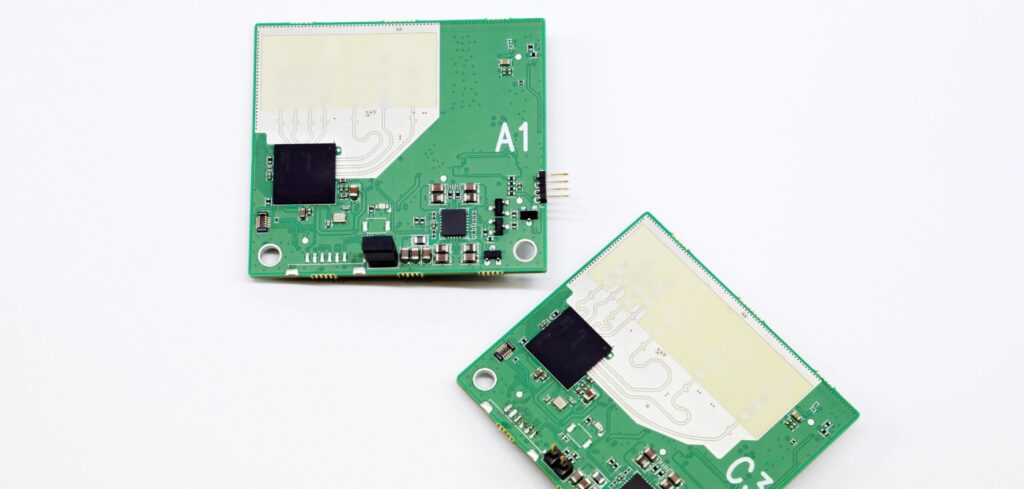LG Innotek has developed a new in-cabin radar module that it claims outperforms existing systems on the market. The module is used to detect the presence or movement of people or pets in vehicles and can be used to prevent vehicle burglary or children being left in the car alone.
LG notes that demand for in-cabin sensors, including in-cabin radar modules, is on the rise on a global scale. For example, in Korea, the installation of safety devices that can check if children remain in a vehicle has become compulsory for all minibuses transporting children. Europe also plans to add a child presence detection (CPD) test to its standards for new automobile sales starting in 2023. The USA is also pursuing the mandatory installation of child presence detection function from 2025 to prevent parents from leaving their children alone in the car.
Byaeng Kuk Yoo, VP of the automotive components and electronics business unit at LG Innotek, commented, “Up until now, vehicle radar modules had strengths in their prices, sizes and external environments, but fell short of expectations in their resolutions. LG Innotek’s in-cabin radar module has overcome limits that existed in terms of resolution and innovated customer experience (CX), creating a great ripple in the vehicle radar module market. In the future, we will continue to release components for future vehicles faster than competitors, innovating CX and advancing the era of autonomous driving.”
The company highlights that radar has several advantages for CPD, not least that it can penetrate obstacles such as clothes and blankets and detect the presence of a living organism. Since it uses radio waves instead of images, it is free from privacy infringement issues. Also, unlike pressure sensors and ultrasonic sensors, radar modules do not need multiple sensors to function and have high sensitivity. In autonomous vehicles, radar can play different roles on behalf of the driver, such as checking the fastening of seatbelts and notifying passengers when they should leave the vehicle.
LG claims that its in-cabin radar modules have increased the resolution by approximately 40% compared with existing products, and that the module’s signal processing time has been reduced by 30%, enabling faster detection of objects. These improvements were achieved thanks to the use of a proprietary antenna design and a weak signal detection algorithm (an algorithm that filters noise and uses only valid signals).
The company also used digital transformation (DX) technology to optimize the antenna layout, achieving antenna performance 1.3 times higher than before with the same number of antennas. It was also able to minimize signal detection errors and developed its own software that increased the sensitivity to weak signals, further improving the product’s precision.


